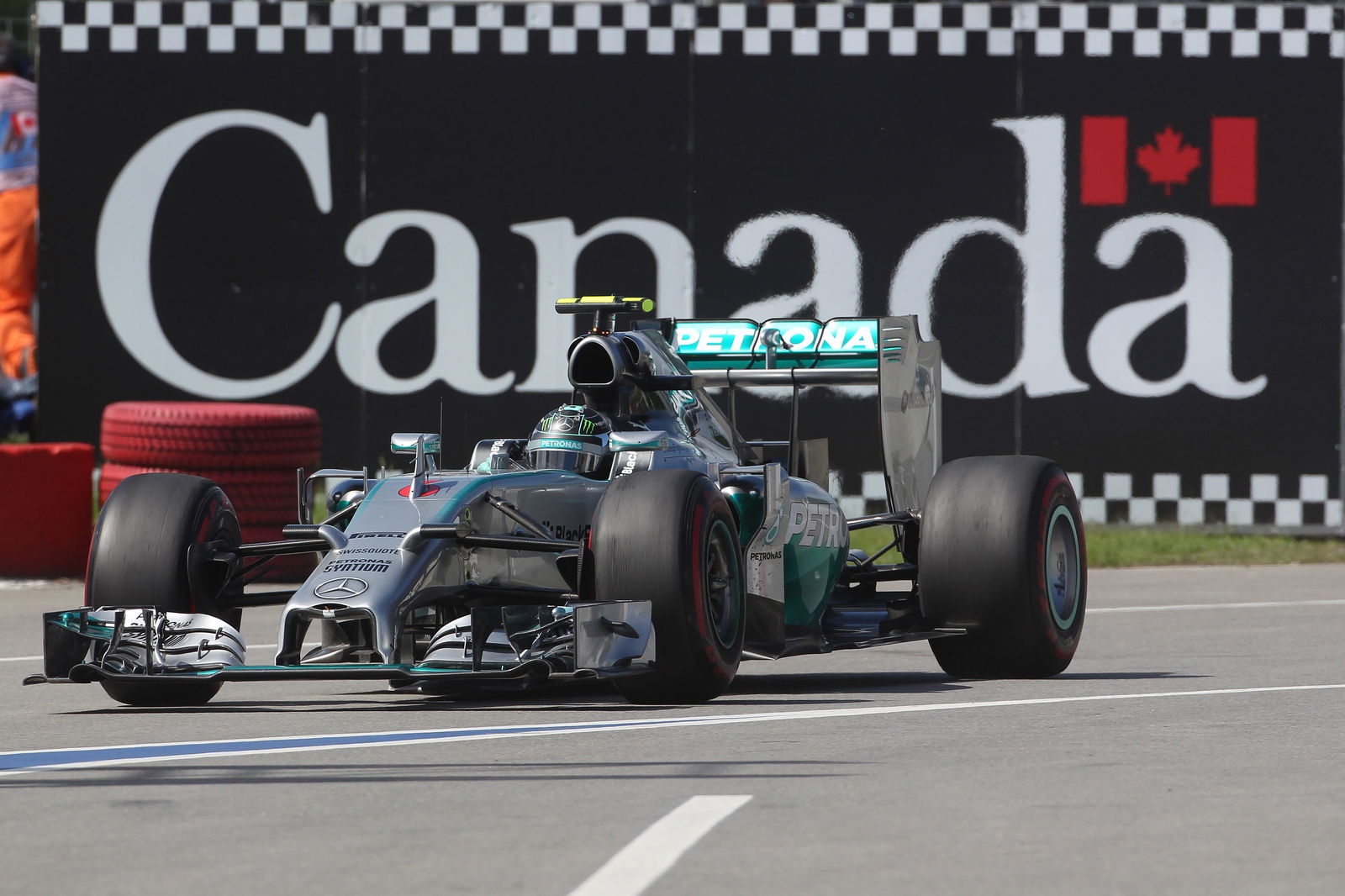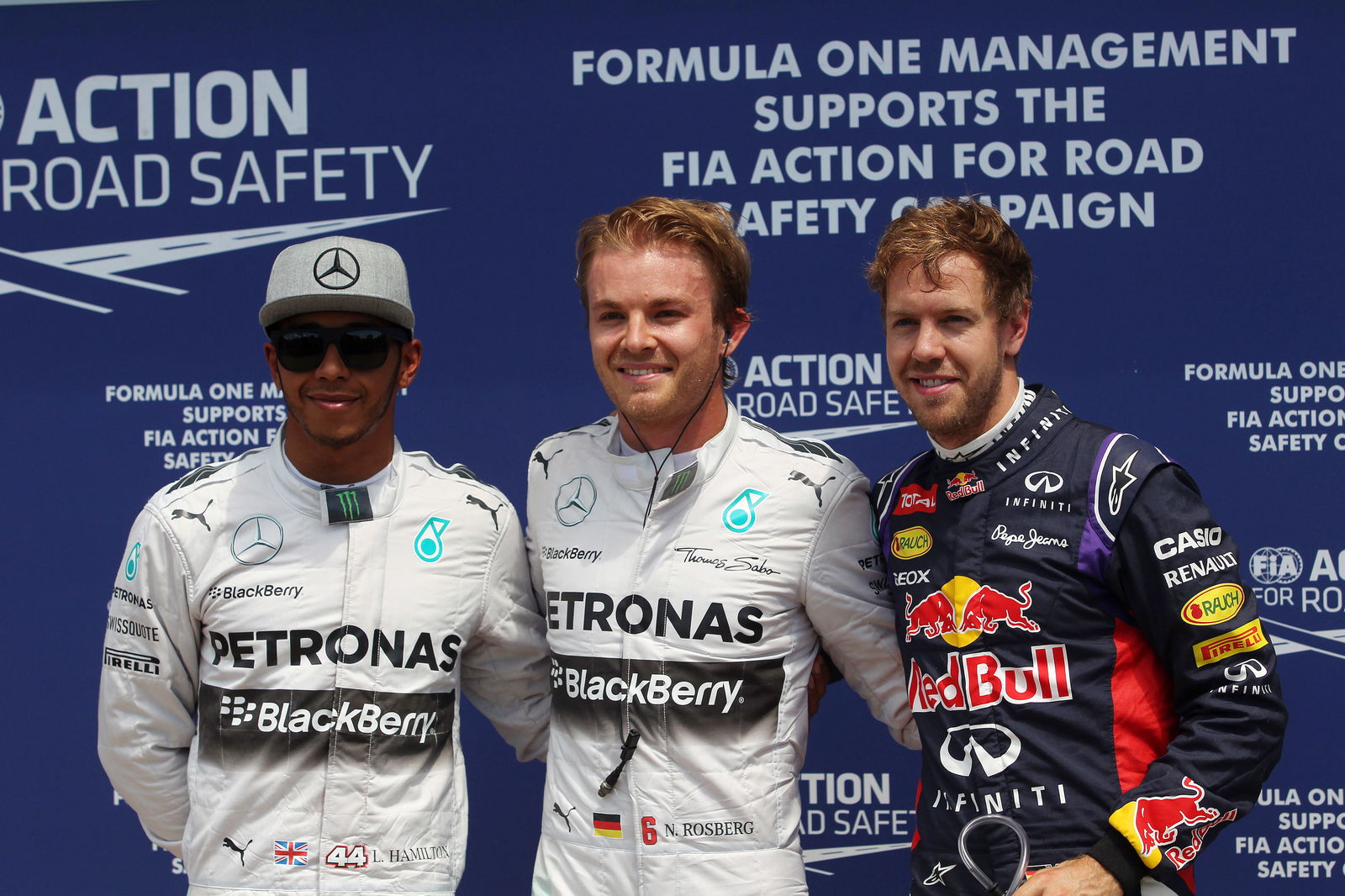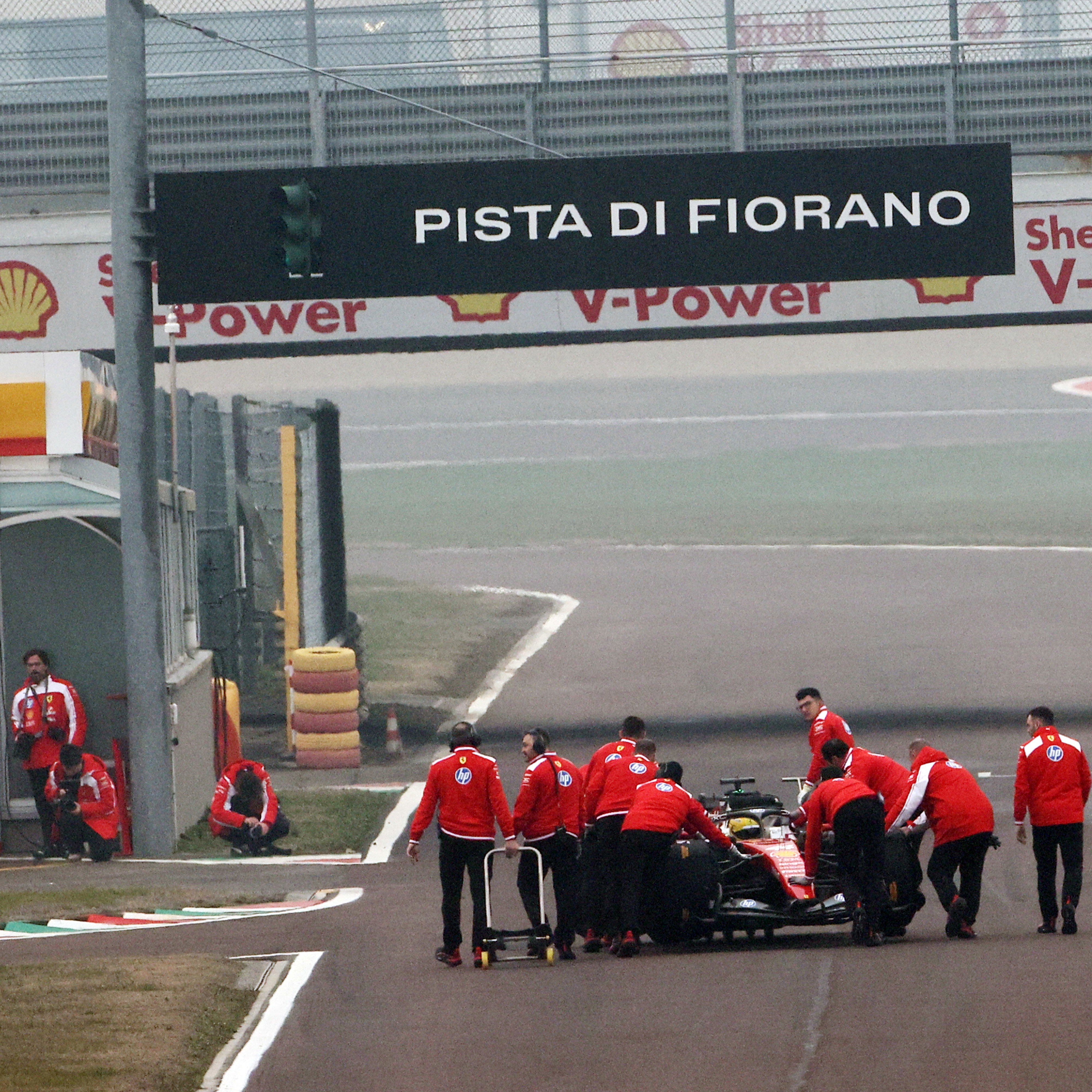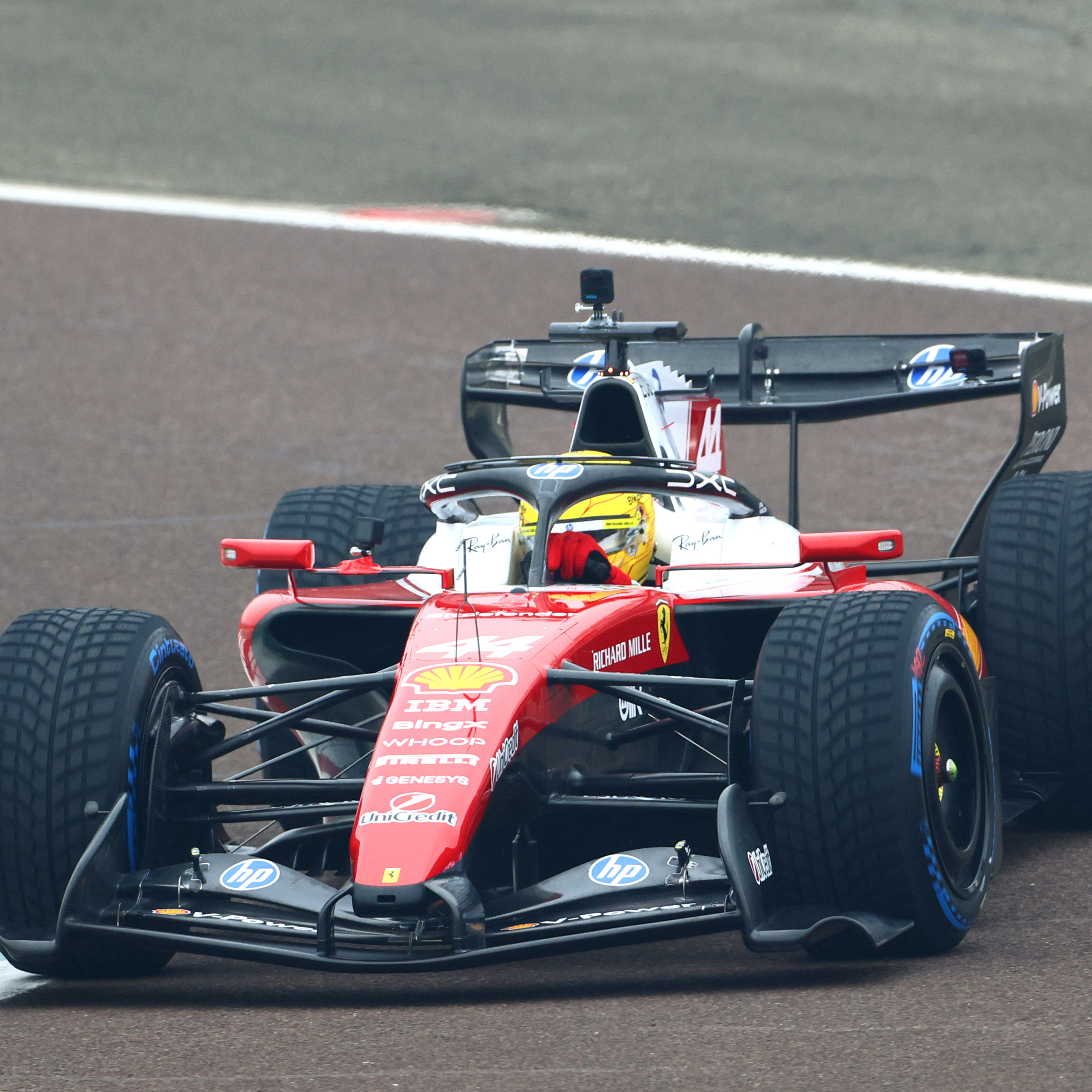Wolff can't rule out repeat of Montreal gremlins

Mercedes motorsport boss Toto Wolff has admitted that, until the team can analyse exactly what caused the problems on both W05 Hybrids in the Canadian Grand Prix, there is always a chance of it happening again.
Nico Rosberg and Lewis Hamilton appeared to be fighting over a seventh victory for the Brackley-based team as they pulled away from the field at the Circuit Gilles Villeneuve on Sunday but, within the space of two laps, both reported a mysterious and sudden drop in power.
As well as dulling their pace and allowing the chasing pack to close in, the gremlin - which Wolff admitted had not raised its head before - ultimately caused Hamilton to post his second DNF of the season with brake failure, and left Rosberg hobbled and a sitting duck when Daniel Ricciardo got a run on him with a couple of laps to go.
"We had, at exactly the same time, a failure of the engine control systems on the ERS, the NGU-K," he confirmed, "We had a peak in temperatures that wasn't on our priority list and it just happened all at the same time.
"They were exactly the same power units, racing at exactly the same pace and had exactly the same temperatures. In that particular part of the NGU-K, we saw temperatures that were higher than expected, but we weren't aware that they could have such a detrimental effect - the NGU-K just shut down and we couldn't reset it.
"We know where we are critical and where it is important and, in that case, it was something we didn't spot before, so it's just another part we have to analyse and understand. I guess this can happen but the consequence was detrimental to the whole car."
Asked whether the failure could have been the result of the higher temperatures seen in Montreal on raceday or because of the fact that Rosberg and Hamilton were once again going at it in their battle for the lead, Wolff admitted that they were unlikely to have been factors, but could not rule out a repeat at future races until the problem was figured out.
"We don't know yet [if there is potential for a repeat] because all we know is that we had a peak in temperatures in the system that we didn't expect to be as crucial as it was," he said.
"It's kind of bizarre, but it shows that we are being so diligent with all the systems and then you have a little glitch which you don't judge as being really important but just shuts down the whole NGU-K."







